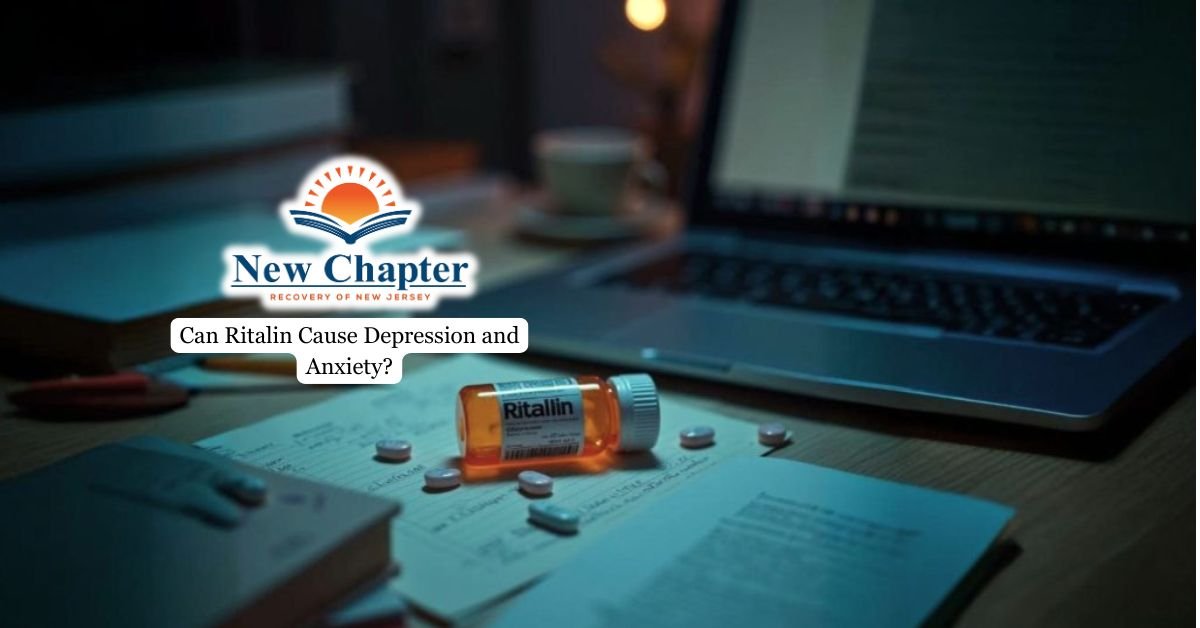Percocet is a powerful prescription medication commonly used to treat moderate to severe pain. It combines two active ingredients: oxycodone, an opioid pain reliever, and acetaminophen, a non-opioid analgesic that helps enhance oxycodone’s impact on the mind and body. While effective at managing pain, especially when other medications fall short, oxycodone may be habit-forming, especially when taken for a long time.
Here we’ll take a closer look at the side effects of Percocet, ranging from common side effects to the more serious health concerns.

Understanding the Side Effects of Oxycodone and Acetaminophen
Percocet can cause a serious risk of certain side effects like dependence, misuse, and addiction, primarily due to its opioid component.
Understanding the side effects of oxycodone and acetaminophen is essential for anyone prescribed Percocet. From mild discomforts like nausea and dizziness to serious side effects such as breathing problems and liver damage, knowing what to expect can make all the difference in using this medication safely.
If you or someone you love is struggling with the ongoing effects of Percocet use, New Chapter Recovery offers specialized treatment programs for Percocet addiction.
Common Side Effects
Many people who’ve taken opioids to relieve their pain, like those who take oxycodone in the form of Percocet, experience common side effects that are usually mild but still uncomfortable. These include:
- Nausea and vomiting
- Dizziness and drowsiness
- Constipation, which can lead to serious complications if not managed
- Headaches
- Loss of appetite
These side effects may occur during the initial stages of treatment or when the dosage is increased. Staying hydrated, wetting the tablet before placing it on your tongue if necessary, and eating small meals may help ease vomiting and nausea.
Serious Side Effects
These symptoms can signal a more serious underlying condition or sensitivity to the medication. Do not hesitate to seek emergency medical help if any of these signs occur, especially if you see any symptoms of an overdose.
Respiratory Depression and Breathing Problems
One of the most life-threatening side effects is respiratory depression, where breathing slows dangerously or stops altogether. Breathing problems are especially risky when the medication is misused or taken in high doses. The effects of an overdose can be fatal and require immediate administration of naloxone, a medication used to reverse opioid overdoses.
Liver Damage
The acetaminophen component in Percocet may cause serious unwanted effects like liver damage, especially when taken in large amounts or combined with other medications containing acetaminophen. Symptoms may include yellowing of the skin or eyes (jaundice), dark urine, or abdominal pain. Liver damage is one of the most dangerous long-term side effects of this drug.
Dependence, Addiction, and Withdrawal
People who have taken opioids for a long time may develop mental dependence and physical addiction. Suddenly stopping the medication may trigger intense withdrawal symptoms, including anxiety, irritability, muscle aches, insomnia, nausea, and vomiting.
In pregnant women, long-term use produces an increased risk of certain side effects like neonatal withdrawal syndrome, leading to serious complications in newborns. Signs include tremors, feeding problems, and excessive crying. Always taper off the medication under a doctor’s supervision to minimize the risk of withdrawal syndrome in your newborn.
Gastrointestinal Effects
In addition to constipation, which is a well-known effect of opioids, patients may also experience stomach pain, loss of appetite, nausea, and vomiting.
Constipation can lead to severe discomfort or even bowel obstruction from the misuse of oxycodone if not managed with laxatives, hydration, and dietary adjustments.
Central Nervous System Effects
The central nervous system is significantly affected by oxycodone, leading to symptoms such as:
- Drowsiness
- Dizziness
- Mental fog or confusion
- Headaches
- Trouble sleeping
In some individuals, especially those with underlying conditions, seizures can also occur, highlighting the need for careful monitoring, which limits the usefulness of oxycodone.

Mood and Mental Health Effects
Changes in mood are not uncommon. Percocet may cause side effects like:
- Depression or mental depression
- Nervousness or anxiety
- Mood swings
These issues are often overlooked but can severely affect quality of life and should be reported to a healthcare provider.
Skin Reactions and Allergic Responses
Some users develop skin-related side effects, which range from mild to severe. These include:
- Itching
- Skin Rash
- Hives
- Rare but dangerous conditions like Stevens-Johnson Syndrome, a potentially life-threatening skin disorder
Sexual and Hormonal Side Effects
Though less commonly discussed, Percocet can affect hormone levels, sometimes leading to:
- Erectile dysfunction
- Reduced libido
- Adrenal insufficiency, which can affect overall hormonal balance and energy levels
These long-term side effects can impact quality of life and relationships.
Overdose Risks
The effects of an overdose on Percocet can be deadly and emergency medical attention should always be given immediately. The combined effects of alcohol and oxycodone may also worsen the symptoms, which include:
- Extreme drowsiness or unconsciousness
- Slowed or shallow breathing
- Slowed heartbeat
- Bluish lips or fingernails
Naloxone is used in emergency settings to reverse opioid effects, but time is critical. Always store medication safely and avoid combining Percocet with alcohol or other sedatives. It’s essential to understand how long Percocet may remain active in your body, as this can influence the risk of overdose and interactions with other substances. For more details on this topic, see how long does Percocet stay in your system.
Final Thoughts from New Chapter Recovery
At New Chapter Recovery, we go beyond treating addiction. With compassionate, medically supervised care, we can help ease withdrawal symptoms and provide emotional, relational, and spiritual support. Our team is committed to helping you reclaim your life, rebuild what was lost, and rediscover hope.






